Essential Road Surfacing Equipment: What Professionals Use and Why It Matters
Successful road surfacing doesn’t just depend on the right materials—it relies heavily on the road surfacing equipment used during preparation, laying, and finishing. Professional contractors invest in specialist machinery to deliver smooth, durable, and long-lasting surfaces.
If you’re hiring a contractor or planning a surfacing project, understanding what equipment should be used—and why it matters—can help you make better decisions, avoid poor results, and ensure your investment lasts.
In this blog, we’ll break down the most important road surfacing equipment, what each machine does, and how professional tools improve the final outcome.
Why Equipment Quality Matters
Before diving into the machines themselves, it’s important to understand why professional equipment matters:
- Accuracy: Machines help control depth, compaction, and consistency—key to performance.
- Speed: High-efficiency tools reduce project timelines and disruption.
- Durability: Proper compaction and finish means surfaces last longer and resist wear.
- Safety: Well-equipped teams follow proper standards and reduce site hazards.
Poor equipment or outdated machinery often leads to uneven surfaces, early cracking, and water damage—increasing long-term maintenance costs.
1. Asphalt Pavers
The asphalt paver is the cornerstone of any tarmac or asphalt road surfacing job. This machine distributes and lays asphalt in a smooth, even layer over the road surface.
Features:
- Hopper to receive hot mix asphalt
- Conveyor system to distribute mix
- Screed plate to level and compact the surface
Why it matters:
Pavers ensure uniform thickness and consistent surface finish—essential for vehicle safety and surface longevity.
2. Rollers and Compactors
Once the asphalt is laid, it must be compacted to eliminate air pockets and bind the layers together. There are three main types:
- Smooth Drum Rollers: Used for surface compaction
- Pneumatic Tyre Rollers: Offer flexible pressure distribution
- Vibratory Rollers: For deep compaction on thicker layers
Why it matters:
Without proper compaction, the surface is prone to early cracking, rutting, and moisture penetration.
3. Cold Planers (Milling Machines)
Cold planers remove the top layer of old asphalt or tarmac before resurfacing begins. This ensures a smooth, clean base for the new layer to bond properly.
Why it matters:
Skipping this step often leads to poor adhesion, resulting in delamination and uneven surfaces.
4. Graders
Graders are used during road base preparation. They help create the desired gradient or camber so water can run off the surface efficiently.
Why it matters:
Without proper grading, roads suffer from drainage issues, which contribute to surface wear and structural damage.
5. Bitumen Sprayers
For resurfacing or patch repairs, bitumen sprayers are used to apply a uniform tack coat between layers, ensuring proper adhesion.
Why it matters:
A poor bond between layers can lead to surface failure, cracking, and potholes—especially under high traffic loads.
6. Sweeping and Cleaning Machines
Before laying a new surface, debris, dust, and moisture must be removed. Mechanical sweepers clean the surface thoroughly for optimal bonding.
Why it matters:
Clean surfaces prevent bonding failures and contribute to a smoother, more durable finish.
7. Hand Tools and Infrared Repair Systems
For smaller repairs and detailed work, professionals use:
- Rakes and lutes
- Infrared heaters for seamless patching
- Crack sealing machines
- Edging tools
Why it matters:
Attention to small details prevents water ingress, ensures aesthetic consistency, and supports edge durability.
The Difference Between DIY and Professional Equipment
Some may wonder whether they can complete surfacing jobs using basic or rented equipment—but the truth is, even the best materials can fail if the wrong tools are used.
Professionals using calibrated, industry-grade machinery can control:
- Layer thickness
- Temperature during laying
- Compaction levels
- Surface gradient and drainage design
These controls are critical in delivering a stable, compliant, and long-lasting surface.
Choosing the Right Contractor Matters Too
Equipment alone isn’t enough—operator skill and experience are just as important. A reliable road surfacing contractor will:
- Use modern, well-maintained machinery
- Match the right equipment to the job size and surface type
- Carry out full site preparation and post-job inspection
- Follow current safety and environmental standards
That’s why it pays to choose a contractor with the right tools and the knowledge to use them.
Our Approach to Equipment at Total Surfacing
At Total Surfacing, we invest in high-performance road surfacing equipment to deliver outstanding results on every project—no matter the size. From full roadways to commercial car parks and private access routes, our experienced team combines machinery, materials, and methods to create reliable, safe surfaces.
We also offer machine-lay tarmac, patch repair, and full resurfacing services across the UK, using equipment that meets the highest industry standards.
Conclusion
Whether you’re managing a private road, commercial driveway, or public surface, the quality of equipment used in road surfacing plays a major role in the final result. Investing in professional services with the right machinery leads to better durability, safer roads, and lower maintenance costs over time.
🛠️ Want to ensure your next surfacing job is done right?
Visit: https://totalsurfacing.co.uk/
Let our team handle it with expert tools and proven results.

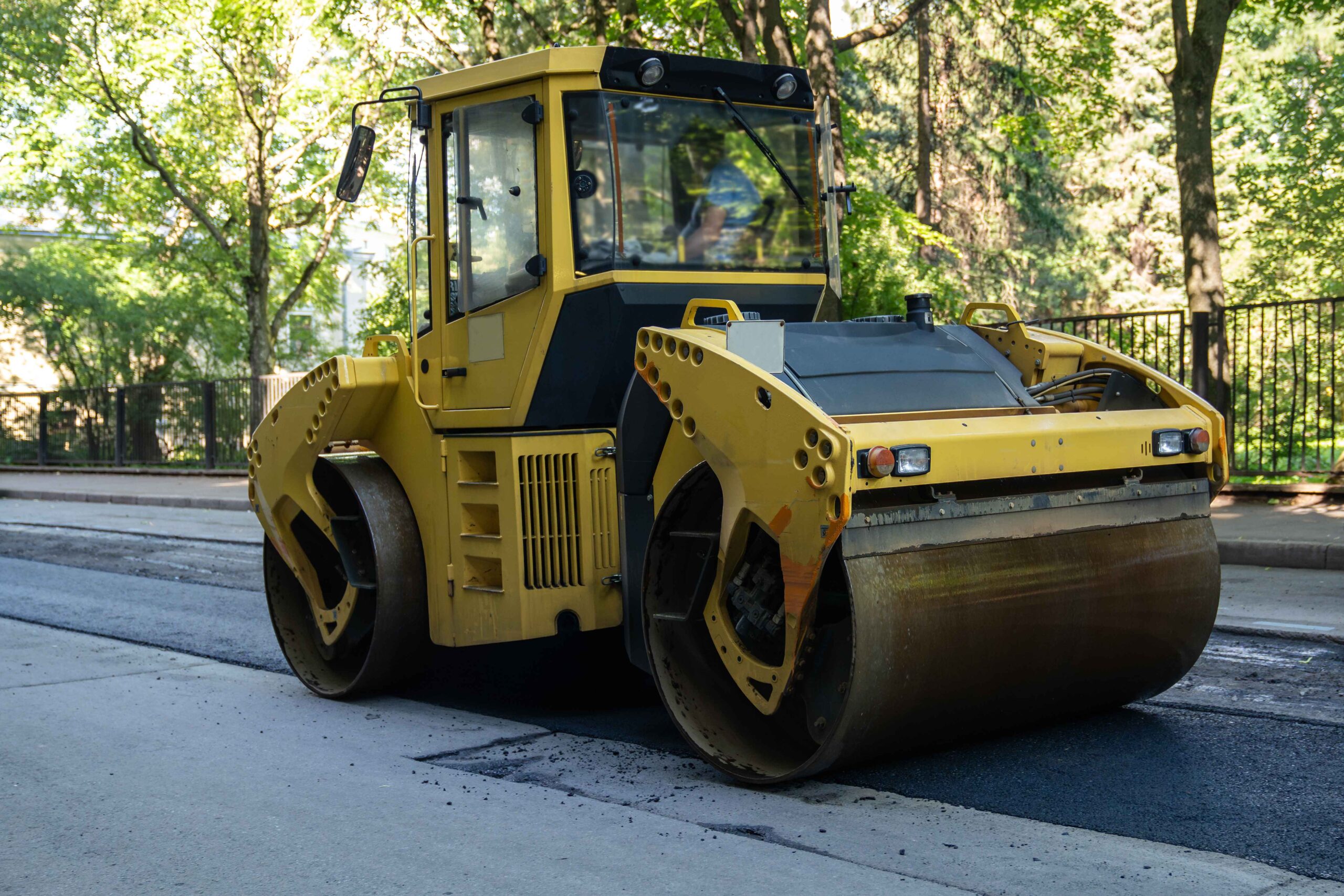

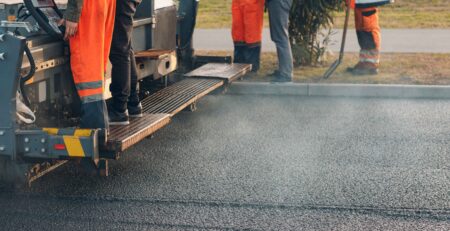
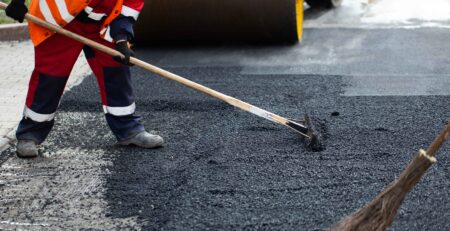
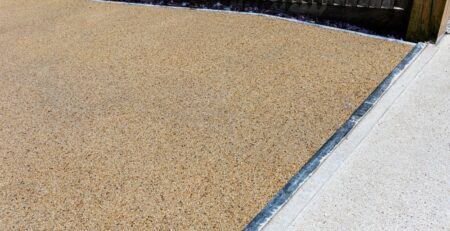

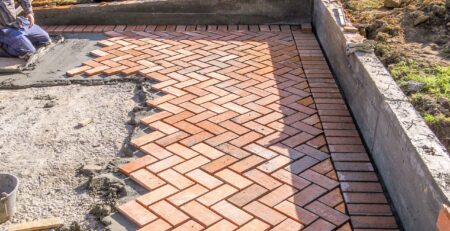
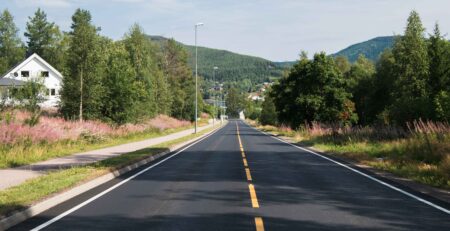
Leave a Reply